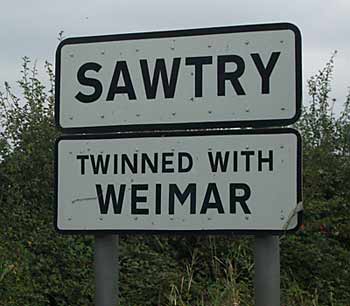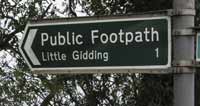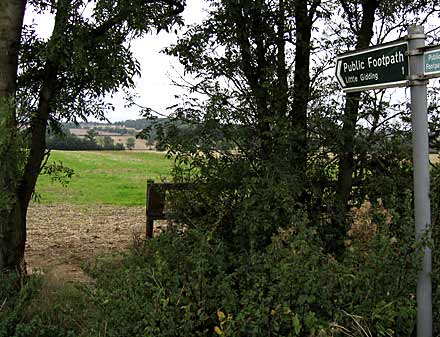There’s a thoughtful piece by my colleague Peter Preston in today’s Observer. Here’s an extract:
The Times spent much of its summer push advertising Times on- and off-line together. The Mail is starting to report an advertising drought turning some areas of the situations vacant columns into permanent digital desert. Mr Rupert Murdoch is calling crisis summits to ponder synergies he scoffed at five years ago.
In short, a moment of profound decision-making approaches. Some papers, like the Daily Express, make no great effort to move with the times. Some, like the Sun, cut back in anguish. Some, like the Guardian, have begun, at great cost, to build a future on the net.
What Peter is picking up on is the working out of a theory first proposed by a British economist, Ronald Coase, in 1937. When the Web first appeared on the scene, journalists thought that it was the potential of online news that was the main danger, and so all the focus of the print media’s response was on news. But in fact that wasn’t where the real threat of the Net lay.
So where does Coase come in? Well, he wrote a seminal paper entitled “The Nature of the Firm” which showed how transaction costs explain the size of firms. If the transaction costs (contracting, purchasing, shipping, etc.) are higher than the costs of doing it in-house, then firms will do it in-house (and expand). If not, they will outsource.
But not all of the activities a firm does are profitable. Nevertheless, it may be necessary to engage in them to support the activities that are profitable. Thus banks operate High Street branches (which are fantastically unprofitable) because they are necessary to support the main activity (which is earning interest on customers’ money, selling them insurance, loans, mortgages, etc.). So all firms are in fact ‘value chains’ of profitable and unprofitable activities.
Which brings us to newspapers. Journalism — finding and reporting news — is fantastically expensive and unprofitable. But advertising — especially classified advertising — is profitable. So you could regard a newspaper as a value chain linking unprofitable journalism with profitable advertising.
Now the problem is that some forms of advertising — classified — work better on the Web than they do in print (mainly because it’s easy to add search facilities). So it was always inevitable that they would gravitate to the Web when it became a mass medium. The main effect of the Net, therefore, has been to dissolve the newspaper value chain by taking out the most profitable activity, and leaving only unprofitable journalism and display advertising (which simply doesn’t work on the Web).
This has been obvious for years. My academic colleagues and I wrote an online course about it in 2002 based on a book by two management consultants. But nobody was interested in the subject then, so we took the course offline. Sigh.
Coase won the Nobel Prize for economics in 1991. Good Wikipedia entry on him here.



